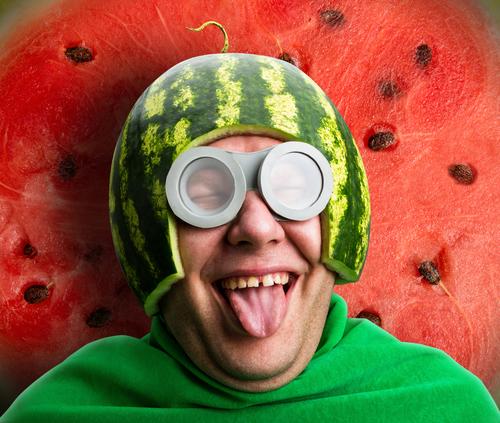
1. If there's a science and health list, we want to be on it, and if there is a black list I generally definitely want to be on it - but not always. In this case, the list not to be on is the Real Clear Science worst websites for 2016. As you might expect, they are the sites we criticize, like the supplement hucksters Joe Mercola and "Health Ranger" Mike Adams, food scaremonger Vani Hari (the "Food Babe" - ® Food Babe LLC) and others.
2. Dr. Alex Berezow and I were in USA Today talking today about the junk science ruling against Johnson & Johnson and its baby powder, specifically the finding that it caused ovarian cancer.
We've long been in a post-truth world in law circles - the bizarre Erin Brockovich story changed the game in environmental lawsuits and just about every environmental group has a bevy of lawyers extorting money from companies now - what is harder is getting lawyers to defend it when there is no money to be made. I am on the Advisory Council of the Atlantic Legal Foundation, which is a group of pro-science lawyers who work pro bono, and it came up as a topic. What do you think? Should someone independent defend against this? The Council will do so on the science side, since we debunk health scares and this is certainly one.
3. The National Pain Report chimed in on our criticism of the JAMA journal for enabling alternative techniques to mitigate pain. The recent trend in criticizing opioids has caused a ramp-up in this craziness and JAMA has already had a bad year (see The Top 16 Junk Science Stories of 2016) but at some point they are bringing it on themselves, by engaging in political marketing and embracing woo. The Society for Science-Based Medicine also linked to us regarding the issue.
4. Our articles are the gift that keeps on giving, and that includes holidays like Thanksgiving. Quartz linked to our now-classic story about the Great Cranberry Scare of 1959, the first time environmental activism became terrible government policy, except that time both presidential candidates rightly ridiculed the issue. Would candidates have that kind of courage today? The Center for Science in the Public Interest certainly thinks none would right now, but with their expressed concern about President-Elect Trump it may be that we are in for an era when politicians called out nonsense.
5. Finally, if you are not aware, the Council and the terrific science and health site Livescience are now able to cross-publish each other's work. This gets us into the hands of even more science readers and provides for their quality content here as well. Read all about it in ACSH and Live Science Team Up.



